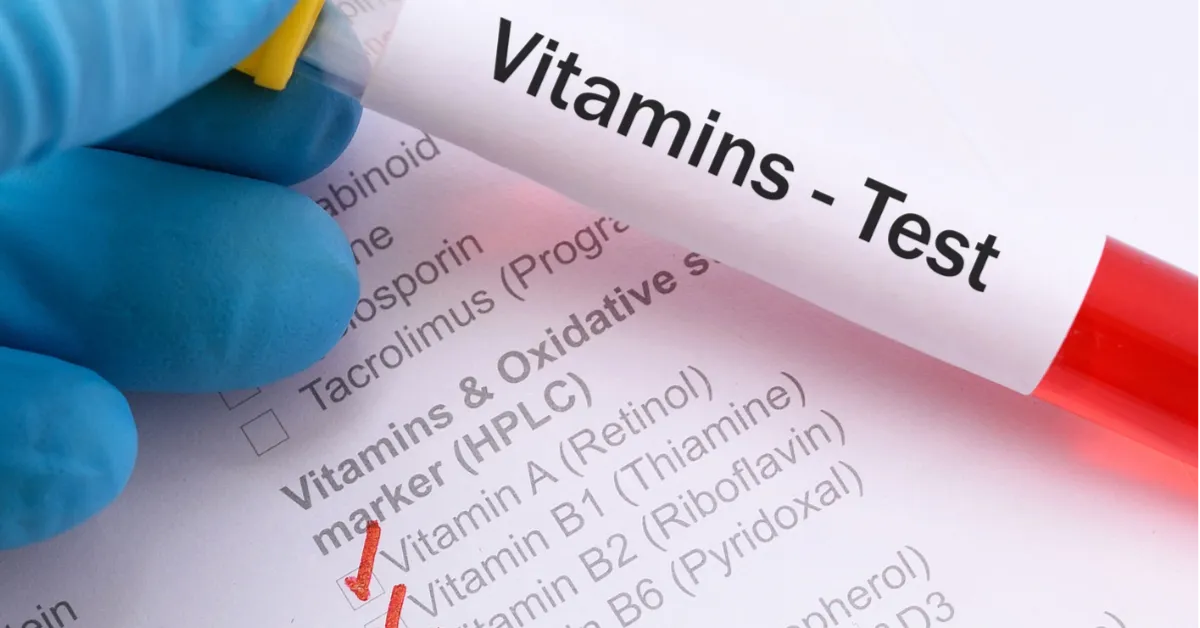EN 14152 Vitamin C Measurement in Fruit Juices
The European standard EN 14152 provides a method for determining ascorbic acid (Vitamin C) content in fruit juices. This testing is crucial for ensuring the accuracy and consistency of vitamin content, which impacts nutritional labeling requirements, product quality, and consumer trust.
Fruit juices are not only popular beverages but also essential sources of vitamins like Vitamin C for maintaining health. The accurate measurement of Vitamin C ensures that consumers receive the expected nutritional value from their purchases. This standard is particularly relevant in sectors such as food manufacturing, beverage production, and quality assurance where compliance with international standards is paramount.
The procedure described in EN 14152 involves several critical steps: preparation of the fruit juice sample, extraction of ascorbic acid, and measurement using a suitable analytical method. The standard specifies the use of spectrophotometry or other validated techniques to achieve accurate results. The choice of technique depends on factors such as the type of fruit juice, its color, and the presence of interfering substances.
The accuracy of Vitamin C content in fruit juices can be affected by various factors including handling during processing, storage conditions, and packaging materials. This is why testing at different stages of production is essential to ensure compliance with regulations like EN 14152. By adhering to this standard, manufacturers can enhance the quality and safety of their products.
The analytical method outlined in EN 14152 ensures that the results are repeatable and reliable across different laboratories. This is especially important for large-scale production facilities where consistency is key. The standard also emphasizes the importance of proper sample preparation, which includes homogenization to ensure uniform distribution of Vitamin C throughout the sample.
Compliance with EN 14152 is not only about meeting legal requirements but also about maintaining consumer trust and satisfaction. Misleading nutritional claims can lead to significant reputational damage for food and beverage companies, which can be avoided by adhering to international standards like EN 14152.
In conclusion, the measurement of Vitamin C in fruit juices using EN 14152 is a vital process that ensures product quality, compliance with regulations, and consumer trust. By following this standard, manufacturers can produce consistent, safe, and nutritious products that meet global standards.
Eurolab Advantages
At Eurolab, we offer unparalleled expertise in the field of food and feed testing. Our team of highly qualified scientists and engineers ensures that every test conducted meets the highest international standards. With a focus on precision and accuracy, our laboratory is equipped with state-of-the-art instrumentation to provide reliable results.
We pride ourselves on our commitment to quality, which extends beyond just meeting regulatory requirements. Our experienced staff works closely with clients to understand their specific needs and deliver tailored solutions that go above and beyond the standard. This personalized approach ensures that our services are not only compliant but also beneficial for business operations.
Our extensive experience in the sector allows us to provide insights and recommendations based on real-world applications, helping our clients stay ahead of regulatory changes and market trends. We offer a range of additional services including training sessions, consultation, and support throughout the entire testing process. This comprehensive approach ensures that our clients achieve their goals efficiently and effectively.
At Eurolab, we are committed to maintaining high standards of quality and reliability in all our services. Our dedication to excellence is reflected in our unwavering commitment to accuracy, precision, and customer satisfaction. By choosing Eurolab for your food and feed testing needs, you can be assured that you are working with a trusted partner who understands the importance of compliance.
Why Choose This Test
The measurement of Vitamin C in fruit juices using EN 14152 is an essential process for ensuring product quality and compliance with international standards. This test provides accurate results that are crucial for maintaining consumer trust and satisfaction.
Compliance with this standard ensures that the products meet legal requirements, which can prevent costly regulatory issues. It also helps manufacturers to avoid misleading nutritional claims by providing reliable data on Vitamin C content. This is particularly important as consumer awareness of product nutrition continues to grow.
The accurate measurement of Vitamin C in fruit juices using EN 14152 ensures that the products are safe and nutritious, which can significantly enhance brand reputation. By adhering to this standard, manufacturers can ensure consistency across different batches and locations, leading to a more reliable product offering.
Furthermore, compliance with this standard allows food and beverage companies to stay ahead of regulatory changes and market trends. This ensures that they are always meeting the highest standards of quality and safety. By choosing this test, manufacturers can demonstrate their commitment to excellence in every aspect of their business.
Quality and Reliability Assurance
The measurement of Vitamin C in fruit juices using EN 14152 is a critical process for ensuring product quality and compliance with international standards. This test provides accurate results that are crucial for maintaining consumer trust and satisfaction.
Compliance with this standard ensures that the products meet legal requirements, which can prevent costly regulatory issues. It also helps manufacturers to avoid misleading nutritional claims by providing reliable data on Vitamin C content. This is particularly important as consumer awareness of product nutrition continues to grow.
The accurate measurement of Vitamin C in fruit juices using EN 14152 ensures that the products are safe and nutritious, which can significantly enhance brand reputation. By adhering to this standard, manufacturers can ensure consistency across different batches and locations, leading to a more reliable product offering.
Furthermore, compliance with this standard allows food and beverage companies to stay ahead of regulatory changes and market trends. This ensures that they are always meeting the highest standards of quality and safety. By choosing this test, manufacturers can demonstrate their commitment to excellence in every aspect of their business.





